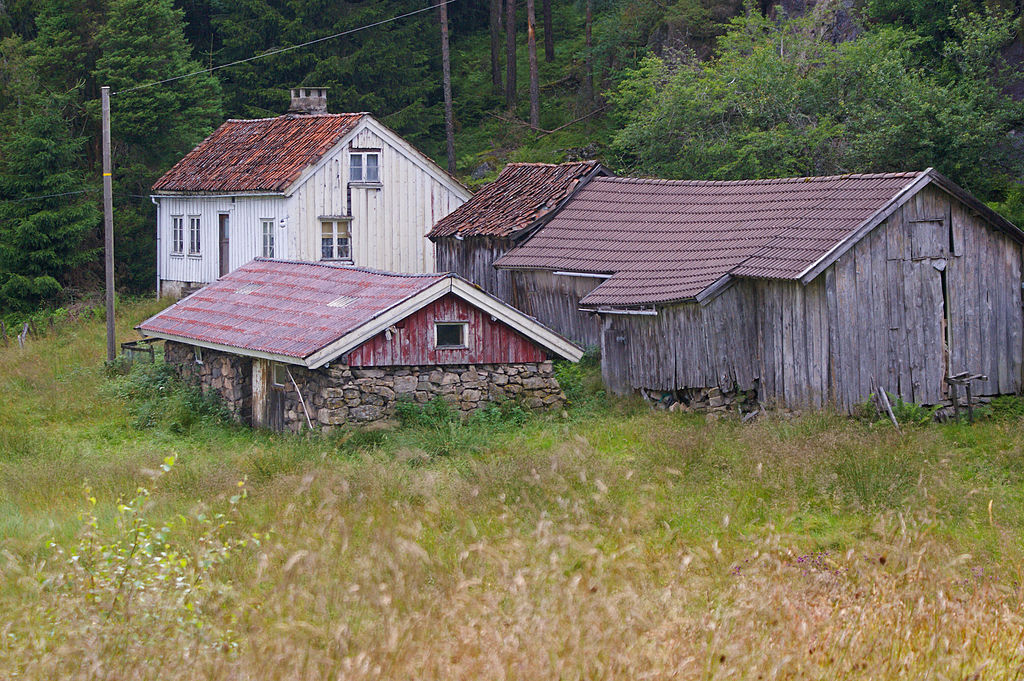Original article by Nafeez Ahmed in The Ecologist here.
Excerpt:
Modern industrial agricultural methods can no longer feed the world, due to the impacts of overlapping environmental and ecological crises linked to land, water and resource availability.
The stark warning comes from the new United Nations Special Rapporteur on the Right to Food, Prof Hilal Elver, In her first public speech since being appointed in June
Modern industrial agricultural methods can no longer feed the world, due to the impacts of overlapping environmental and ecological crises linked to land, water and resource availability.
The stark warning comes from the new United Nations Special Rapporteur on the Right to Food, Prof Hilal Elver, In her first public speech since being appointed in June
"Food policies which do not address the root causes of world hunger would be bound to fail", she told a packed audience in Amsterdam.
One billion people globally are hungry, she declared, before calling on governments to support a transition to "agricultural democracy" which would empower rural small farmers.
Agriculture needs a new direction: agroecology
“The 2009 global food crisis signalled the need for a turning point in the global food system”, she said at the event hosted by the Transnational Institute (TNI), a leading international think tank.
“Modern agriculture, which began in the 1950s, is more resource intensive, very fossil fuel dependent, using fertilisers, and based on massive production. This policy has to change.
“We are already facing a range of challenges. Resource scarcity, increased population, decreasing land availability and accessibility, emerging water scarcity, and soil degradation require us to re-think how best to use our resources for future generations.”
The UN official said that new scientific research increasingly shows how ‘agroecology’ offers far more environmentally sustainable methods that can still meet the rapidly growing demand for food:
“Agroecology is a traditional way of using farming methods that are less resource oriented, and which work in harmony with society. New research in agroecology allows us to explore more effectively how we can use traditional knowledge to protect people and their environment at the same time.”
Small farmers are the key to feeding the world
“There is a geographical and distributional imbalance in who is consuming and producing. Global agricultural policy needs to adjust. In the crowded and hot world of tomorrow, the challenge of how to protect the vulnerable is heightened”, Hilal Elver continued.
“That entails recognising women’s role in food production – from farmer, to housewife, to working mother, women are the world’s major food providers. It also means recognising small farmers, who are also the most vulnerable, and the most hungry.
“Across Europe, the US and the developing world, small farms face shrinking numbers. So if we deal with small farmers we solve hunger and we also deal with food production.”
And Elver speaks not just with the authority of her UN role, but as a respected academic. She is research professor and co-director at the Project on Global Climate Change, Human Security, and Democracy in the Orfalea Center for Global and International Studies, University of California, Santa Barbara.
She is also an experienced lawyer and diplomat. A former founding legal advisor at the Turkish Ministry of Environment, she was previously appointed to the United Nations Environment Program (UNEP) Chair in Environmental Diplomacy at the Mediterranean Academy of Diplomatic Studies, University of Malta.
Industrial agriculture grabs 80% of subsidies and 90% of research funds
Hinting at the future direction of her research and policy recommendations, she criticised the vast subsidies going to large monocultural agribusiness companies. Currently, in the European Union about 80% of subsidies and 90% of research funding go to support conventional industrial agriculture.
“Empirical and scientific evidence shows that small farmers feed the world. According to the UN Food & Agricultural Organisation (FAO), 70% of food we consume globally comes from small farmers”, said Prof Elver.
“This is critical for future agricultural policies. Currently, most subsidies go to large agribusiness. This must change. Governments must support small farmers. As rural people are migrating increasingly to cities, this is generating huge problems.
“If these trends continue, by 2050, 75% of the entire human population will live in urban areas. We must reverse these trends by providing new possibilities and incentives to small farmers, especially for young people in rural areas.”If implemented, Elver’s suggestions would represent a major shift in current government food policies.
 |
| A small abandoned Norwegian farm. Image credit: Randi Hausken / Wikimedia Commons |
Related:



No comments:
Post a Comment
Note: Only a member of this blog may post a comment.